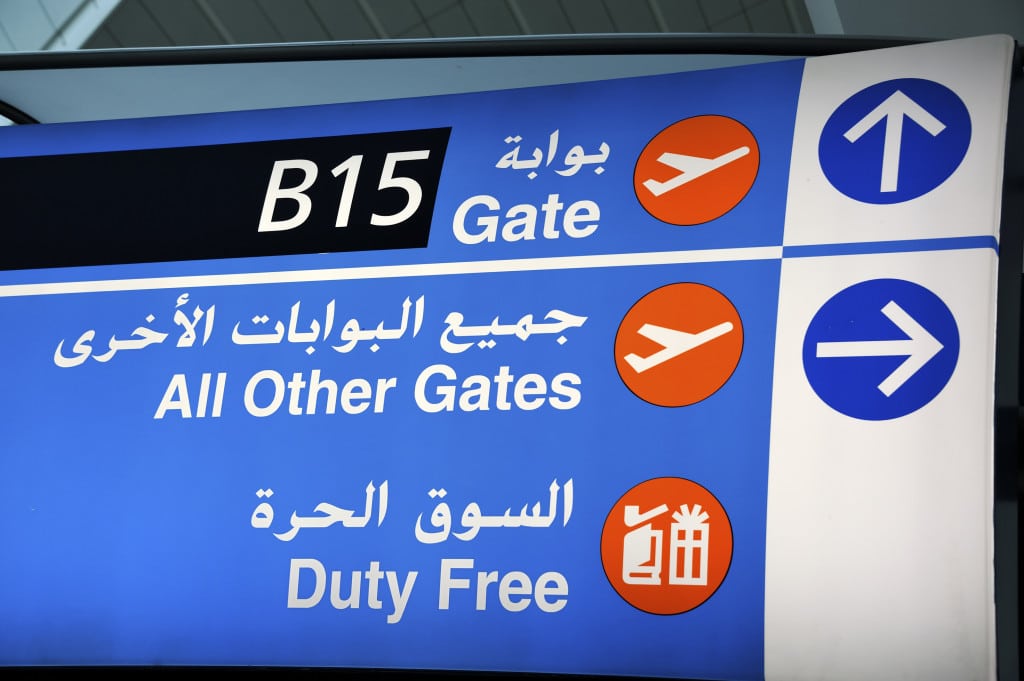What Airports and Airlines Must Learn From the Retail Industry

Skift Take
By following retail trends and empowering flyers to make purchases via mobile devices and self-service kiosks, airports will increase sales and boost customer satisfaction -- a win-win for all.
Airlines and airports are missing an opportunity to increase sales and boost revenues by failing to adopt to customers’ shopping expectations.
Travelers today are ordering everything from food to furniture on a smartphone and having it effortlessly delivered to their door. The convenience and personalization of that experience is becoming standard for shoppers who increasingly expect that level of service across all industries.
By adjusting airport and in-fli
